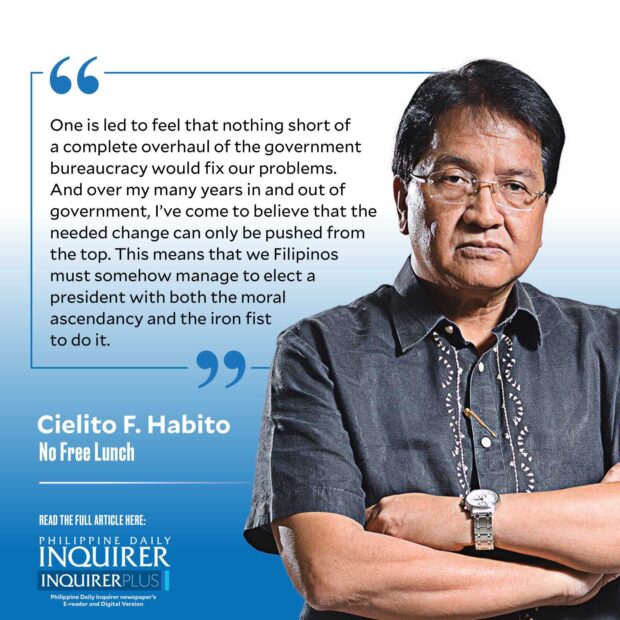
Bureaucratic red tape and corruption topped the list. This affirms what I have always personally believed, that governance shortcomings are the foremost reason FDIs tend to elude us, and solving other known hurdles will matter little unless this is satisfactorily addressed. ChatGPT particularly cited that “the process of obtaining permits and licenses can be cumbersome and time-consuming, often requiring interactions with multiple government agencies. Corruption within these agencies can further delay approvals and increase costs for investors, as they may be pressured to pay bribes or facilitation fees to expedite processes.”
This problem has long been with us and is faced by large and small businesses alike. I keep writing in this column about the many unnecessary, redundant, and even unreasonable requirements front-line government offices throw in the way of businesses and the general public as they transact with government. Yet instead of moving to ease the burden, they seem to keep coming up with more creative new requirements to make things even harder, elevating it into an art. The Anti-Red Tape Authority was created by law to push back this tide, but it looks like a puny David taking on a collective Goliath of bureaucrats with incurably obstructionist (“nothing should come easy”) mindsets or rent-seeking motivations, or both. Without unfairly generalizing (I know there are many honest and dedicated professionals out there in the public service), it seems the culture has become so ingrained at all levels of governance, from the lowest clerks to top officials. Worse, the mindset has infected many in the private sector as well.
The second impediment listed is infrastructure deficiencies. ChatGPT cites inadequate transportation networks, ports, and utilities; traffic congestion; unreliable power supply; and subpar logistics. These “can disrupt business operations, increase costs, and hinder the efficient movement of goods and services … (and) make it less attractive for investors looking to establish or expand operations in the Philippines.” It’s worth noting that it cites the unreliability of power, not its cost, yet some still argue for more investment in coal power plants on the basis of cost—even as it’s no longer the cheapest option.
Any Filipino visiting our Asean-6 neighbors easily falls into a feeling of envy and even hopelessness over how their infrastructure development has left us far behind—and it has felt like this for more than two decades now. Our top government officials know this, and our economic managers have wanted to boost infrastructure spending to catch up not only with our neighbors but even just our own minimum requirements. But with a rising proclivity for confidential intelligence funds, this government is making that harder, by diverting resources to questionable uses and away from more visible priorities.
Our third top FDI deterrent cited is policy inconsistency and uncertainty, and this brings us right back to governance. “Investors seek stability and predictability in the business environment to make informed decisions and mitigate risks. Changes in regulations, tax policies, and enforcement practices can create uncertainty for investors and impact their long-term planning.” When government defies basic economic principles and sets aside the greatest good for the greatest number but acts to favor a noisy minority or a favored few, or even to harass perceived political adversaries, investors think twice and walk away. It’s so easy for them, after all, to find a comparable neighbor where they could expect more principled and stable government policies.
One is led to feel that nothing short of a complete overhaul of the government bureaucracy would fix our problems. And over my many years in and out of government, I’ve come to believe that the needed change can only be pushed from the top. This means that we Filipinos must somehow manage to elect a president with both the moral ascendancy and the iron fist to do it. But given current political realities and the names already floating to run for the top office in 2028, we are a country in need of a miracle.
—————-
cielito.habito@gmail.com